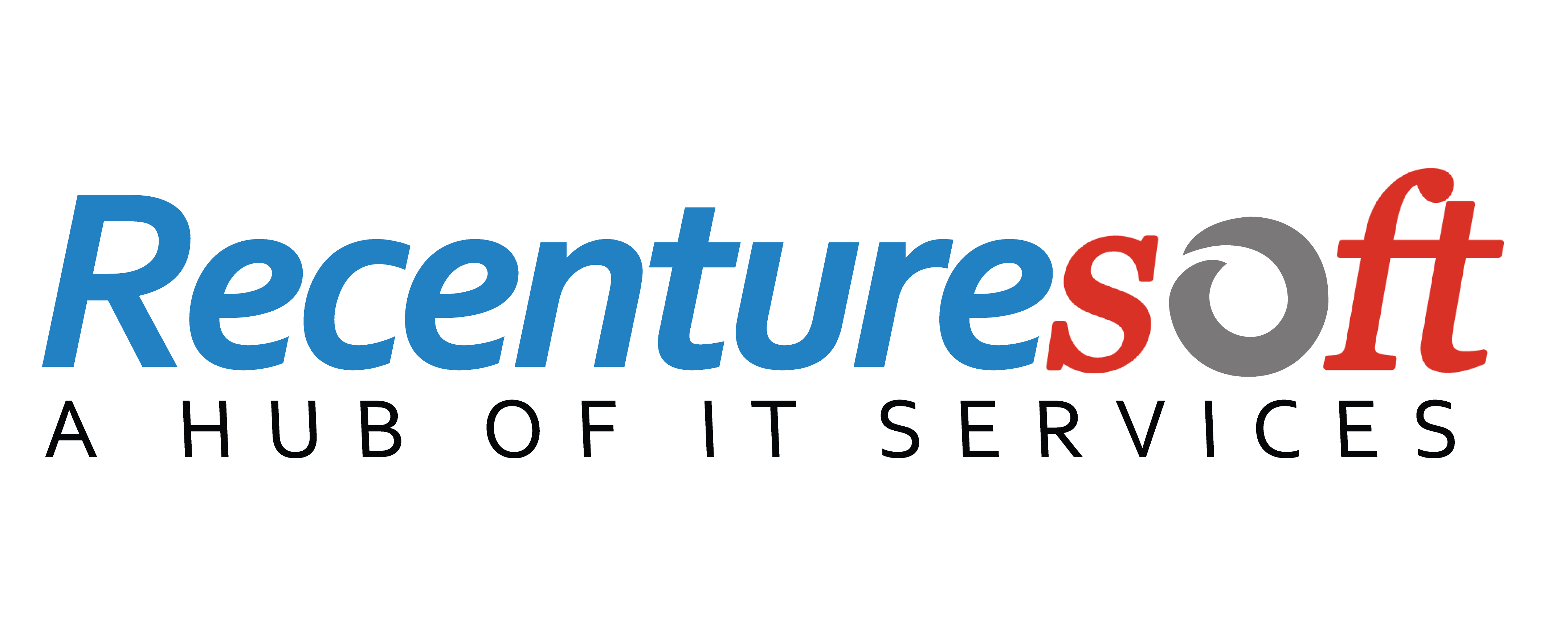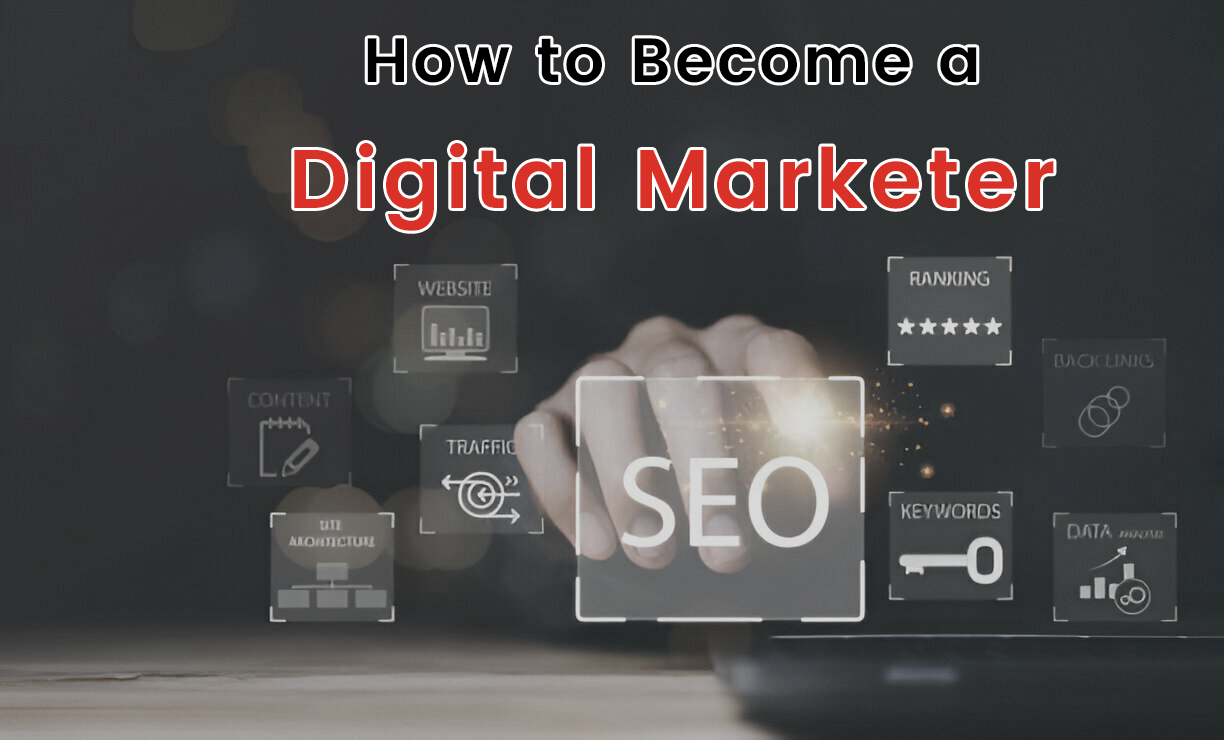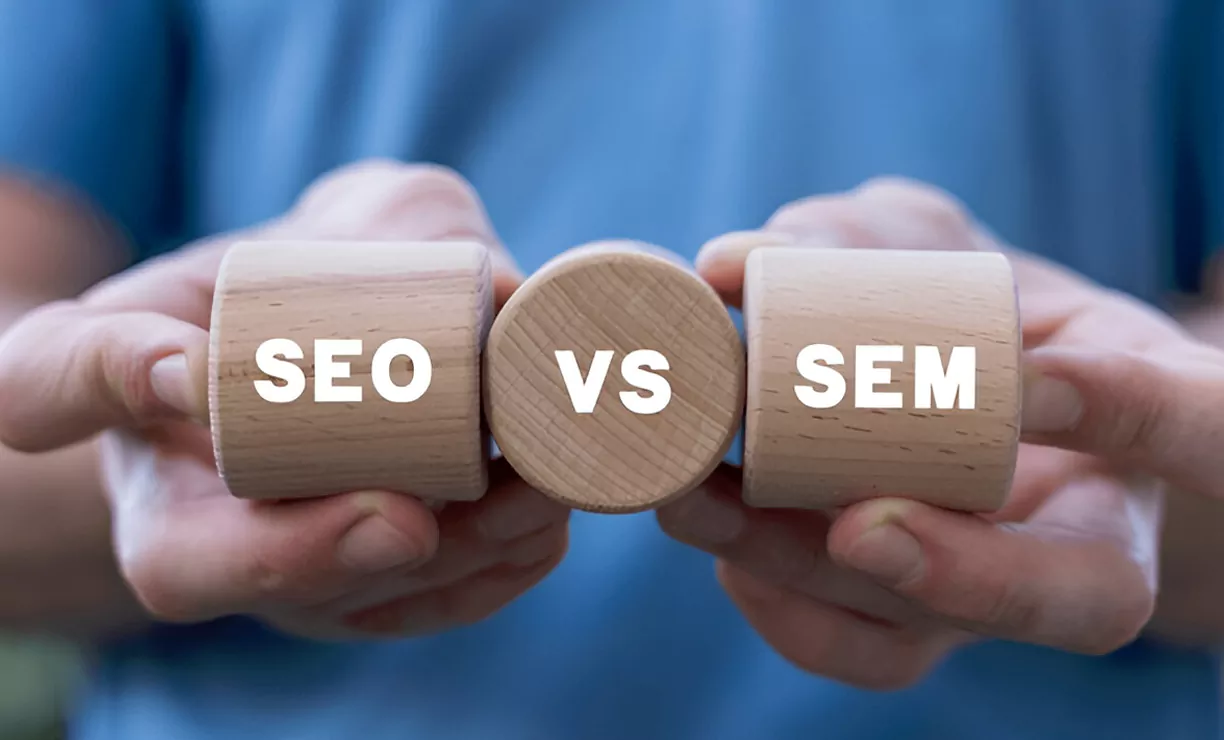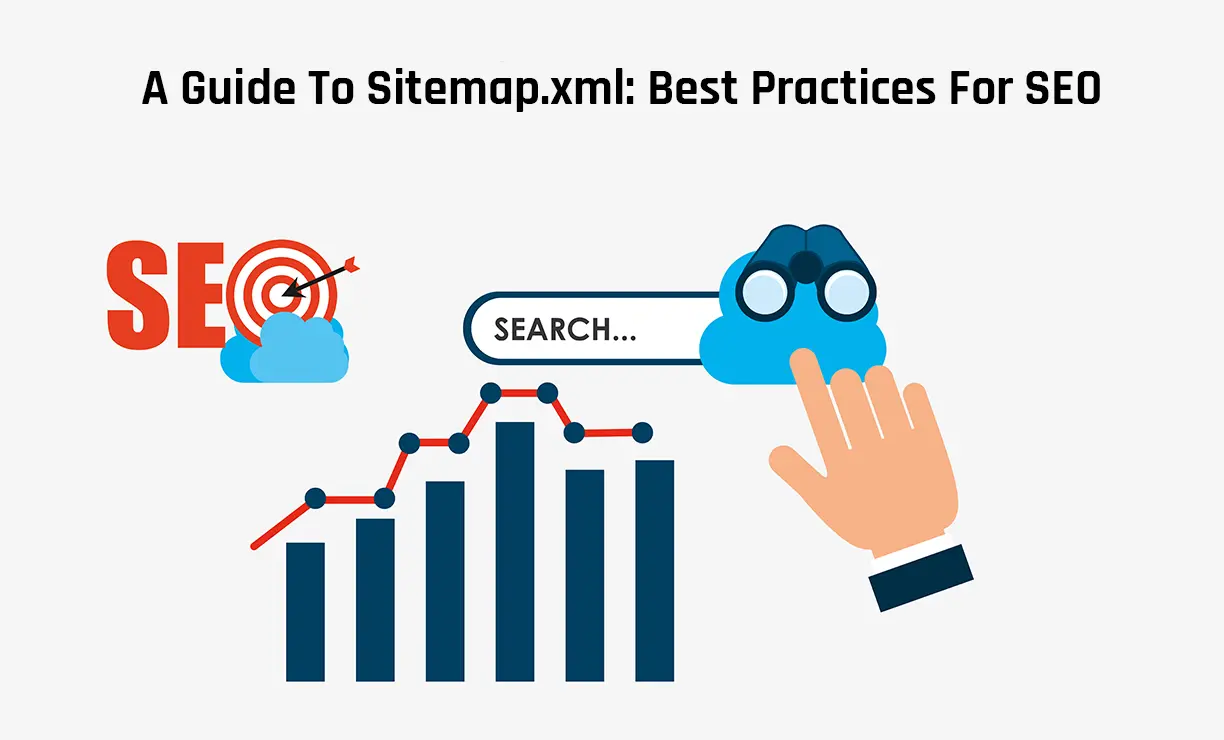Digital marketing is what is used for marketing businesses and brand names online. Any time you are a digital marketer, you get introduced to this specialised way of creating marketing campaigns using digital tools such as emails, websites, social media, live chats, and meeting platforms.
It is the use of the internet and digital technology in the spreading of information to people about various products and services.
Should you pursue a career as a digital marketer, tremendous opportunities would arise across multiple settings. These could be in marketing agencies, where you would assist many different businesses in marketing.
On the other hand, you may directly work for a company in its marketing department, helping them to promote their business, products, or services. Another way is to work as a consultant on freelance contracts and offer your skills to other businesses that could use some help in the digital marketing arena.
What is digital marketing?
This refers to the marketing of businesses over the Internet about their products, services, or brands. These processes are categorised under the broad timeline of ways companies advertise.
A few digital marketers work with advertising agencies, while others work within the marketing team of the company. They design campaigns to advertise some of their products, either for clients or for company products themselves.
There are two main missions for digital marketers. One is to make more people aware of a company's products or services. They do this using websites, social media, mobile apps, and emails.
They also create marketing campaigns and use data to further their understanding of how such campaigns are performing. With this, they are easily able to identify opportunities that may be converted into strengths.
Sometimes, they also carry out management activities about money, like setting budgets for marketing and ensuring they are always following these set marketing budgets. They may also help decide what price to charge for a product or service.
Digital marketing is the marketing of products or services through digital technologies. Common types of these will be:
- Search Engine Optimisation (SEO): How to get your website to the top of search results, like Google's.
- Content Marketing: It is about creating and sharing valuable content material, like blogs and videos, to attract customers and gain their attention.
- Social Media Marketing: Reaching out and engaging customers using social media (like Facebook or Instagram) to promote your brand.
- Pay Per Click (PPC)/Paid Search Marketing: Paying for people to display your ad when they search online for specific keywords.
- Affiliate marketing: Getting others to sell your products for commission.
- Marketing Automation: Automating repetitive tasks of marketing with the help of software, like email sending or something like that.
- Email marketing: Selling products via electronic mail to potential and current customers.
- Digital Public Relations: Management and protection of your online footprint using press releases, online reviews, and alike'.
- Inbound Marketing: Attract prospects organically through quality content, not by “interrupting” them with ads.
- Sponsored Content: This is when you pay to have your content featured on platforms where your target spends their time.
Skills needed to work in digital marketing by speciality
Most digital marketers will typically have a niche area, yet they also have mastered many generalities in their digital marketing expertise. These include areas such as content marketing, which is the act of creating content to secure the rankings of different searches.
They specialise in writing persuasive ad copy known as copywriting and controlling paid online advertising, e.g., running Google ads, also known as PPC. Other areas in which they may specialise include social media marketing and email marketing.
Another significant specialisation is data and analytics, through which the marketer optimises results by analysing how the campaign performs.
Content marketing is the writing of valuable and quality content to attract and convert visitors into customers. This may involve writing web articles that are drafted to rank well on the most popular search engines.
On the other hand, copywriting involves persuasive text written directly to promote a product or service and make a sale. It could be text that is found on websites or social media ads, among other promotional materials, to convince customers to purchase this product or service.
Besides being content writers or copywriters, digital marketers also need to use data analysis to monitor their marketing campaign performance. Through this analysis, they can determine whether their key strategies are effective and bring necessary changes to enhance conversion and, in return, success rates.
Common steps to become a digital marketer
The minimum qualification to work in marketing is a bachelor's degree. Such a degree will teach you marketing, market research, sales, how consumers behave, the various ways of communicating, and how technology is utilised in these fields. It could have also encompassed visual arts, art history, and photography.
If you aspire to be a marketing manager, a bachelor's degree is usually required. Along with various prospects, such as sales representatives, public relations specialists, and buyers, you also require some years of experience in marketing.
If you're interested in one of the subjects around digital marketing, then you can go on to take a bachelor's degree and extra courses in the skills so that you can apply them to digital marketing. The elephant in digital marketing is to help you learn the use of digital tools and strategies to promote products or services over the web.
Step 1: Complete a bachelor's degree.
To become a digital marketer, a proper background will be a bachelor's degree in marketing or advertising, communication, or journalism. What is learned in these degrees serves as the firm foundation upon which the principles of digital marketing are founded.
They provide you with fundamental skills and may enable you to specialise in areas of digital marketing.
According to the U.S. Bureau of Labour Statistics (BLS), most marketing positions, such as those in advertising and promotion, require a specialised bachelor's degree at the very least. For a career in advertising management, many employers require a degree in advertising or journalism.
But it's also possible to enter even without a related degree. BLS recommends working on the subjects of business law, management, economics, finance, computer science, math, and statistics; they will provide the necessary knowledge.
For example, classes in computer science will help out in working on strategies related to SEO, business and math classes in budgeting, and making decisions connected to media spending.
Step 2. Learn important digital marketing skills.
Digital marketing goes beyond using words and images to sell items online. It's a mix of skills that help the customer make wise choices and come up with marketing campaigns that work not just in terms of seeking potential customers but in turning them into real buyers.
Digital marketing work offers one of the few roles where there's more than enough to learn, no matter where you are in the practice.
The following are critical types of skills used by a digital marketer:
- Data Analysis: Digital marketers have much real-time data in hand. You should know how to collect and analyse that data using tools such as Google Analytics. This helps you to know your customers in a much better way and pull your marketing strategies in the right direction.
- Content Writing: Writing valuable web content is very important to engage clients, generate leads, and boost a company's visibility on search engines.
- Communication: Proper communication is necessary, be it in delivering the story to the customers, the plans to the team, or individually regarding clients. Good communication skills will also help one climb the career ladder within marketing.
- Creativity: Creativity is the spine of digital marketing. It's based on coming up with new ideas to attract customers. New campaigns are created only through creative thinking, and that makes them different and, hence, more effective.
Even though you might learn how to develop these skills in courses and through internships, nothing beats getting first-hand exposure. Internships provide the hands-on experience of using tools to design ads, determine their performance, and specify the people that the advertisement will reach.
This experience will make you a valuable professional digital marketer.
Step 3. Consider certifications, boot camps and courses.
If you are considering becoming a digital marketer, a digital marketing boot camp or some level of training from a digital marketing course will be advantageous to attend. Boot camps in digital marketing are very intensive programmes with loads of information.
They go into specialised niches rather than covering a wide aspect of the subject under the umbrella of digital marketing. In most cases, while in the process, the practical skills you get are hands-on.
Digital marketing courses also specialise in different areas of digital marketing. They can be either basic or advanced and they often offer certificates at the end of the course. Such courses are suitable for people just starting as they fully cover the necessary material.
Step 4. Get your first entry-level digital marketing job.
There are a lot of possible entry-level digital marketing jobs that you can apply for if you want to start your career. You would like to do this either by obtaining unique skills or by having internships or training programmes. A free service offering gets you somewhere to build up your portfolio.
Be prepared to start at the bottom and work your way up from there. Some of the entry-level posts in the digital marketing profession are marketing coordinator, marketing analyst and marketing specialist.
Step 5. Earn a master’s degree in digital marketing.
You do not have to take up a master's degree in digital marketing to work in this field, although it can be beneficial. These fit quite nicely into the sort of message that one gets from the typical degrees on offer in any marketing department, with an emphasis on sales and understanding how people think about marketing.
Digital marketing master's degrees can focus on different things. For example:
- Master of Science (MS) in Digital Marketing and Design
- MS in Digital and Social Marketing
- MS in Marketing Analytics
- MS in Digital Marketing Communication
- MS in Global Digital Marketing
- MS in Digital Marketing Strategy
A master's in digital marketing helps by giving a competitive advantage: with it, you can attest to in-depth academic knowledge in the said field. It is also critical to learn about various technologies and the most recent trends that will keep you competitive.
Summary
The field of digital marketing allows for an extremely rewarding career with lots of potential. If you like technology, internet surfing, and writing, or are addicted to social media, then this is your piece.
Besides, it allows one to connect with different people across the globe and makes one learn about their cultures. Therefore, if you want to become part of digital marketing, take a firmer step and climb up the social and economic ladder.
Now is your time to follow your dream.







